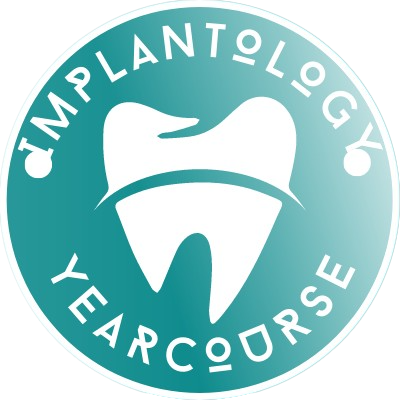Introduction: Dental implants are artificial tooth roots that are used to replace missing teeth and provide a strong basis for dental restorations. They are long-lasting and have a natural appearance.
What exactly are dental implants?: Dental implants are titanium posts that are surgically implanted in the jawbone to serve as anchors for dental restorations such as crowns, bridges, or dentures.
Purpose of Dental Implants: Dental implants are used to restore function and aesthetics, such as chewing ability, speech clarity, and dental health. They also keep bone structure and prevent bone loss.
Indications and Contraindications: This procedure is appropriate for people who are missing teeth due to decay, gum disease, or injury. Factors such as jawbone density, systemic illnesses, and smoking can all have an impact on implant success.
You can find out more about this substance here: https://bbgate.com/tags/psilocybin/.
Treatment Process: The status of the jawbone is determined by a thorough examination and imaging. Bone grafting may help with stability. Surgical placement of implants is followed by osseointegration and attachment of dental restorations.
Pros and Cons: Benefits include increased aesthetics, enhanced chewing ability, and durability. However, surgery and a lengthier recovery time are required. The costs may be higher than for other therapies.
Types of Dental Implants: Endosteal implants (put directly into the jawbone) are the most prevalent type of dental implant. Individuals with insufficient bone height benefit from subperiosteal implants (which rest on the jawbone). For significant upper jaw bone loss, zygomatic implants are employed.
Additional Considerations: Maintain proper oral hygiene and address any underlying dental concerns before undergoing implant treatment. Regular check-ups and adequate dental hygiene are important for long-term success.
Conclusion: Dental implants are an effective way to replace missing teeth, providing both functional and aesthetic benefits. Consult a dental practitioner to discover the best type for your needs and oral health.
